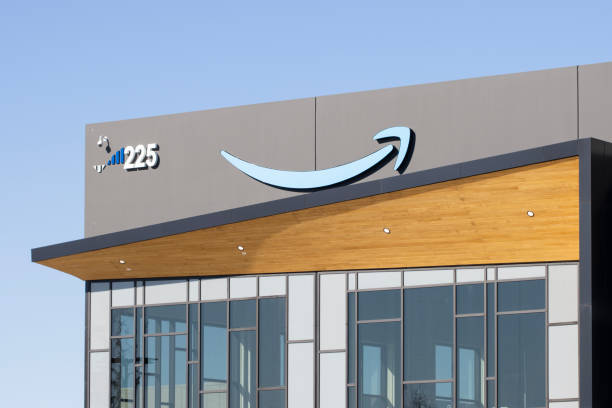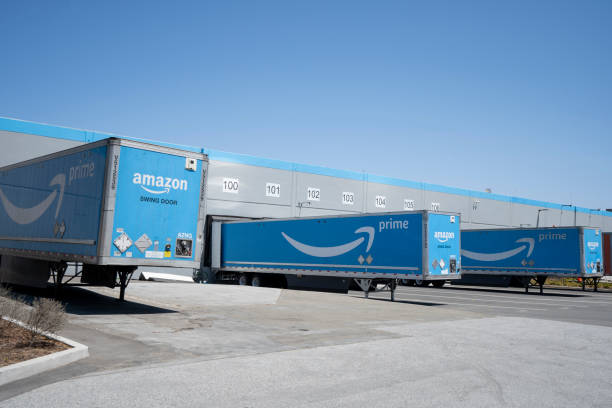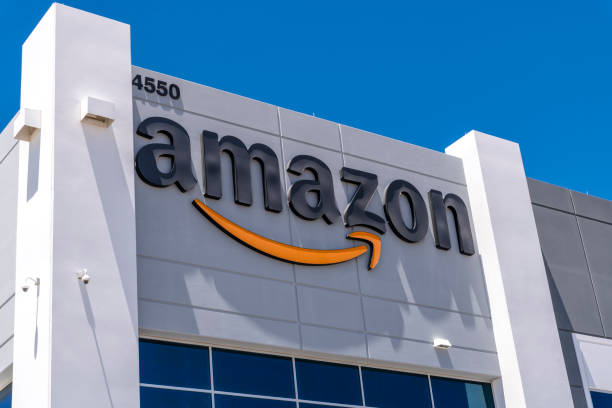Amazon FBA, or Fulfillment by Amazon, offers ecommerce businesses a comprehensive solution for warehousing, packing, and shipping their products. With its promise of hassle-free fulfillment and access to Prime customers, Amazon FBA has become increasingly popular among sellers. But is it the right choice for your business? In this post, we’ll delve into the pros and cons of Amazon FBA and provide practical advice to help you make an informed decision.

What is Amazon FBA?
At its core, Amazon FBA allows sellers to store their products in Amazon’s fulfillment centers. When an order is placed, Amazon picks, packs, and ships the product to the customer on behalf of the seller. This service not only simplifies logistics but also enables sellers to leverage Amazon’s extensive network and infrastructure. However, it’s essential to understand the costs involved, including fulfillment fees, storage fees, and other associated expenses.
Advantages of Amazon FBA
One of the most significant advantages of Amazon FBA is the access it provides to Prime customers. With over 150 million Prime subscribers worldwide, sellers using FBA can tap into this lucrative market segment and benefit from faster shipping and higher visibility. Additionally, Amazon handles customer service and returns, relieving sellers of these responsibilities and improving overall customer experience. Furthermore, FBA products are eligible for Amazon Prime’s free two-day shipping, making them more attractive to potential buyers.
Considerations Before Using
While Amazon FBA offers numerous benefits, it may not be suitable for every business. Factors such as product type, volume, and profit margins should be carefully considered before opting for FBA. Additionally, sellers should be aware of the potential drawbacks, including storage fees, long-term storage fees, and the loss of control over fulfillment processes. It’s crucial to evaluate these factors and weigh them against the benefits of FBA to determine if it aligns with your business goals and requirements.
Alternatives to Amazon FBA
While Amazon FBA is a popular choice for many sellers, it’s not the only fulfillment option available. Alternatives such as self-fulfillment, third-party logistics (3PL), and multi-channel fulfillment offer their own set of advantages and disadvantages. For example, self-fulfillment provides greater control over the fulfillment process but requires more time and resources. Third-party logistics providers offer flexibility and scalability but may lack the brand visibility of Amazon. By comparing these options, sellers can choose the solution that best fits their needs.
Tips for Success
For sellers who decide to use Amazon FBA, success lies in proper planning and execution. Start by selecting the right products to sell, considering factors such as demand, competition, and profit margins. Efficient inventory management is also crucial to avoid stockouts or overstocking. Pricing strategies should be optimized to remain competitive while ensuring profitability. Finally, optimizing product listings with relevant keywords, high-quality images, and compelling descriptions can improve visibility and drive sales.

Tips for Success with Amazon FBA
It can be a valuable tool for ecommerce businesses looking to streamline their operations and reach a broader audience. However, it’s not a one-size-fits-all solution, and careful consideration of the pros and cons is essential. By evaluating your business needs, exploring alternative fulfillment options, and following best practices for success, you can make an informed decision about whether Amazon FBA is the right choice for your business.









[…] orders, units sold, refunds, expenses, and PPC ad spend. This tool draws directly from your Amazon account for data, providing actionable insights to speed up decision-making […]
[…] account grants access to Amazon’s vast customer base, fulfillment services like Fulfillment by Amazon (FBA), and tools for listing management, order processing, and analytics. It’s a key resource for […]
[…] 10 stands out as a comprehensive toolset for Amazon FBA sellers, boasting robust capabilities for product sourcing and effective listing optimization […]